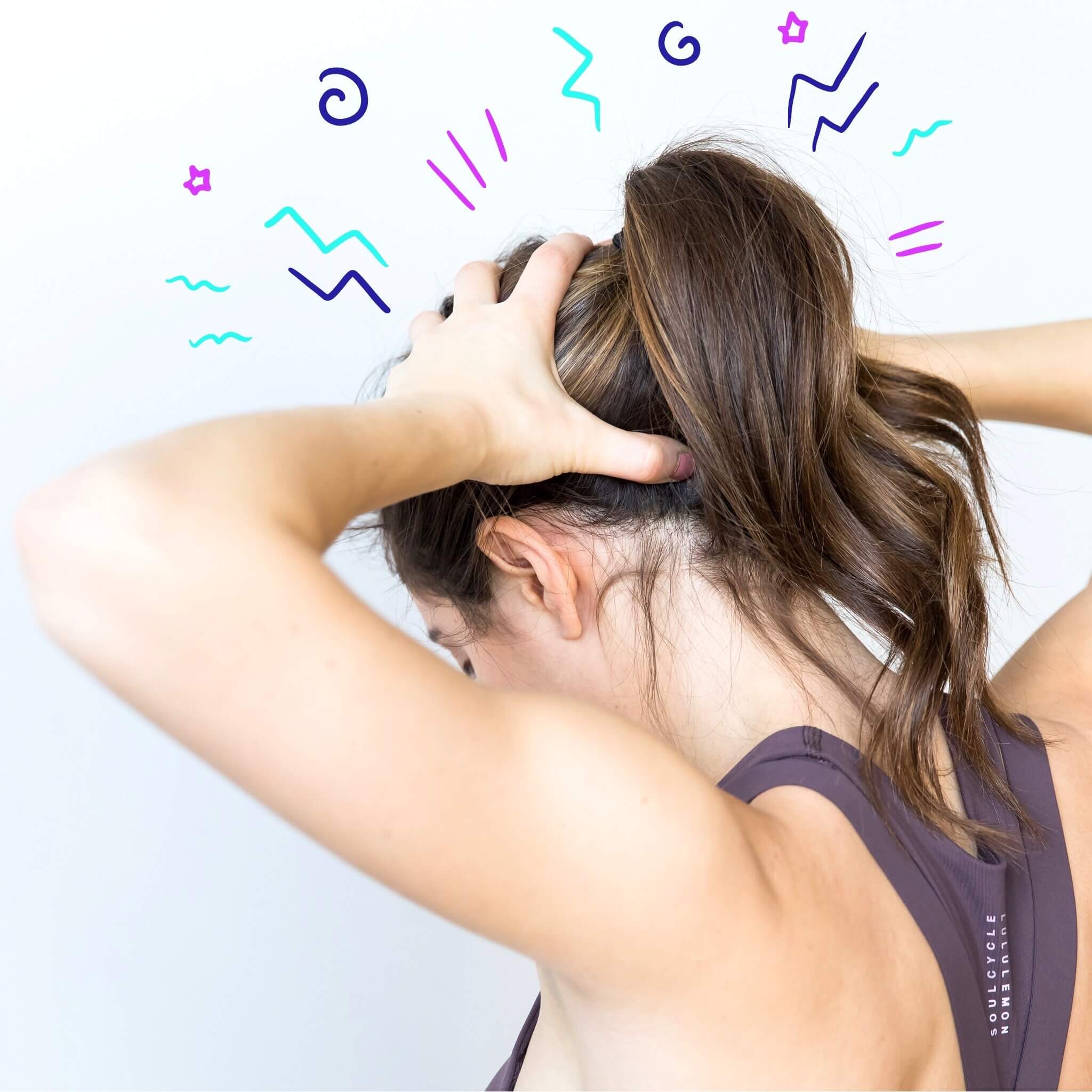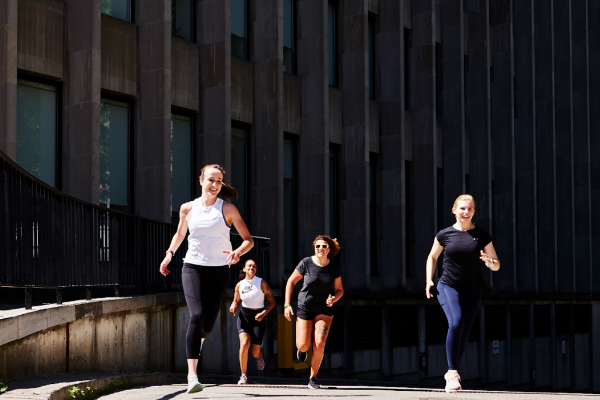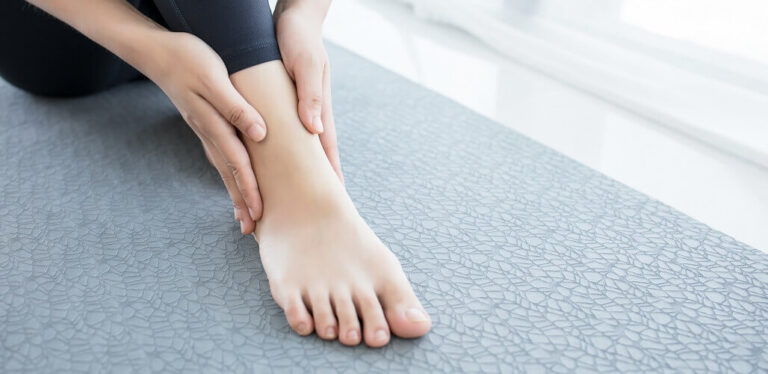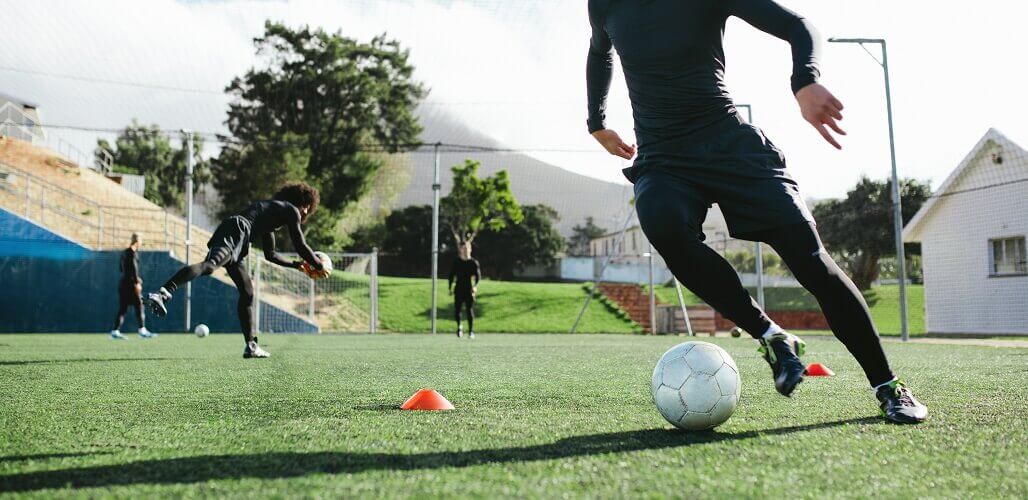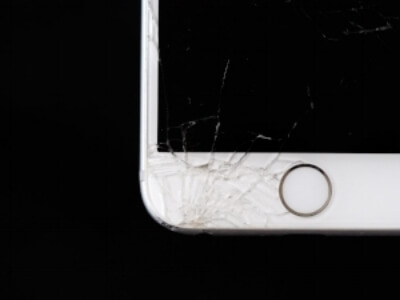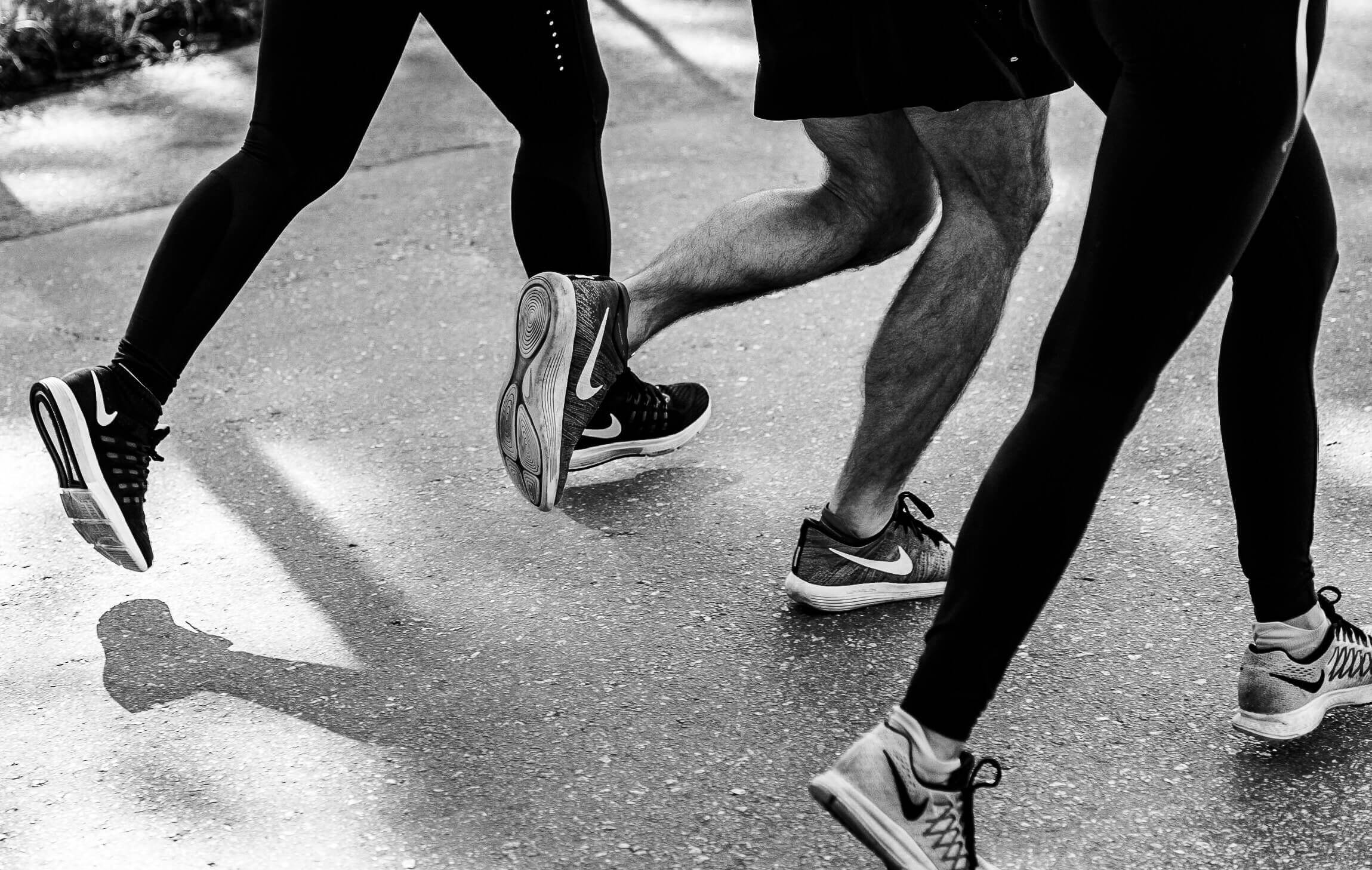With the more recent discoveries of neurodegenerative diseases including Chronic Traumatic Encephalopathy (CTE), head injuries and concussions have begun to receive more and more attention. Even more recently, connections between mental health disorders such as depression, anxiety, sleep disturbance, and addiction/alcohol abuse with post concussion syndrome have come to light. So what exactly constitutes a head injury? When should you be concerned? What can you do to optimize your recovery?
What exactly is a Concussion?
A concussion is a head injury or a form of traumatic brain injury that occurs from impact to the head or body resulting in a variety of variable symptoms such as headache, nausea, vomiting, dizziness/balance problems, fatigue, trouble sleeping, drowsiness, sensitivity to light or noise, neck pain, blurred vision, difficulty remembering, and difficulty concentrating.
While the risk of concussion is indeed higher in impact sports like football or hockey, there are plenty of other ways that people can experience a head injury. The most common culprit in daily life is experiencing a fall. Approximately 40% of concussions are sustained in this fashion, while blunt force trauma (being hit with something) is the second most common cause. Car accidents come in at the third most common, and - sadly - assault is the fourth.
Symptoms
Many symptoms of concussion are straightforward and obvious like headache, nausea, vomiting, or dizziness/balance problems. However, there are often more subtle signs of concussion that can last much longer such as depression, anxiety, substance/alcohol abuse, difficulty sleeping, or sensitivity to light and sound. Unfortunately, these symptoms are often overlooked by the primary health care system, but can be extremely debilitating and detrimental to one’s quality of life.
In 2013, a group of Danish scientists found that individuals who had sustained previous concussions were four times more likely to develop a mental illness. They were 65% more likely to develop schizophrenia, 59% more likely to develop depression and 28% more likely to develop bipolar disorder. This study is the largest of its kind and involved following 1.4 million Danish citizens born between the years 1977 and 2000. The lesson? Don’t take your symptoms lightly, and advocate for yourself in the health care system. These are very real problems and should be seen and diagnosed as such.
“But it wasn’t even bad”
More and more research is being done on “everyday” people who sustained a hit to the head from a variety of life causes. Many of us might take a slip and fall on the ice with a grain of salt - we might have a headache for the rest of the day and then chalk it up to a bad sleep or just “landing funny”. We think we can just shake it off. One of the problems with this approach is that if you have had even a small concussion in the past in conjunction with a history of a common mental-health disorder such as depression, your tolerance threshold is already lower. Having a history of anxiety, depression, ADHD, learning disability, previous, concussion, and migraines are all factors that can put you at risk of developing persistent post concussion symptoms. This means that symptom’s of concussion can last weeks, months, or potentially years depending on the individual. Children in the high-school years are more susceptible to post concussion syndrome, and even just being female is considered higher risk, for reasons that are not quite clear. Having a history of any of these things means that even a small little bump could cause subtle symptoms that may not be immediately obvious, but can present in destructive ways long after you’ve forgotten about the goose egg on your noggin.
The top 5 misconceptions about concussions:
- If I don’t lose consciousness then I didn’t sustain a concussion
- If my brain imaging (CT/MRI) is normal, than I didn’t have a concussion
- Rest is the only form of treatment for concussion
- If I didn’t hit my head, then I didn’t have a concussion
- My friend had a concussion, therefore, my recovery will be the same.
If you don’t feel like yourself, it isn’t true that “there’s nothing you can do”. Concussion treatment has come leaps and bounds in the last decade – speak up! You should see a practitioner that specializes in treating them.
Walking, running, and concussion
Aside from mental health considerations, there are also more practical implications of concussion. A 2018 study revealed that people who had suffered a concussion showed slower average walking speed, shorter stride length (especially in those with history of previous concussions), more time spent on two feet, and more side-to-side sway. All of these findings were made even more clear when people were distracted while walking, i.e, had to think of doing two things at once.
When looking at potential effects on running gait, I was unable to find anything in the literature that had examined any specific physical changes, however it would make sense to me that there may be similar findings in running as walking. Perhaps of more importance with regards to running is how to return to running while potentially dealing with post-concussion symptoms as this is a common activity that people feel will “flare them up”.
On this note, the most common roadblock in returning to exercise after concussion is encountering recurrence of symptoms. The risk of symptoms returning with exercise may be greater among those athletes who sustained previously undiagnosed concussions and had a longer period of symptoms at rest during the time they took off. What does this mean? If you’ve had prolonged symptoms or have tried to return to exercise and had a recurrence of even mild symptoms - don’t wait to seek help. The earlier that you have identified that you’re having trouble, the sooner a specialist can mold specific treatment guidelines and exercise progression protocols to get you going again. So if your gut doesn’t feel right about something - have it looked at. Speak up. Concussion is an invisible injury, no one can feel what you are feeling or see that you are in pain. Be an advocate. Don’t just sleep on it – get back to what you love to do with the right people in your corner.
References:
David R Howell, M. W. (2018, Jan 19). Using concurrent gait and cognitive assessments to identify impairments after concussion: a narrative review. Concussion, 3(1).
Michael J. O’Brien, M. D. (2017, October 17). Sport-Related Concussions: Symptom Recurrence After Return to Exercise. Orthopedic Journal of Sports Medicine, 5(10).
Simon M. Rice, A. G. (2018, November 20). Sport-Related Concussion and Mental Health Outcomes in Elite Athletes: A Systematic Review. Sports Medicine , 48(2), 447–465.
TRIA Institute. (2018). Concussion: Not Just For Team Sport Athletes. Retrieved from TRIA: https://tria.com/concussion-not-just-for-team-sport-athletes/

